Our Tech overview
Tech we deal with in day to day life
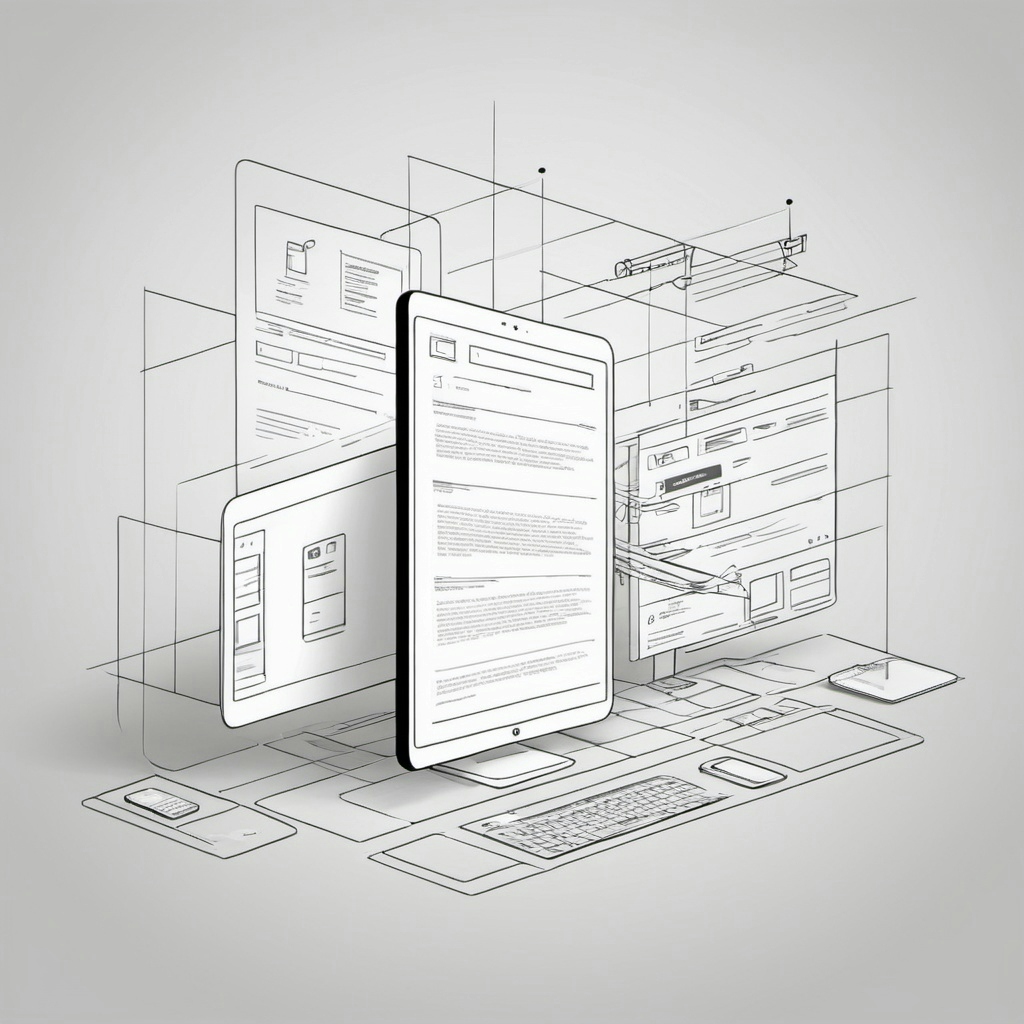
Web Development
- HTML5: Markup language used for structuring and presenting content on the World Wide Web.
- CSS3: Style sheet language used for describing the presentation of a document written in HTML.
- JavaScript (ES6+): Programming language that enables interactive web pages and is essential for front-end and back-end development.
- Frontend Frameworks (React, Angular, Vue.js): Libraries and frameworks used to build dynamic and responsive user interfaces.
- Backend Technologies (Node.js, Django, Flask, Ruby on Rails): Server-side technologies used to develop the logic and functionality of web applications.
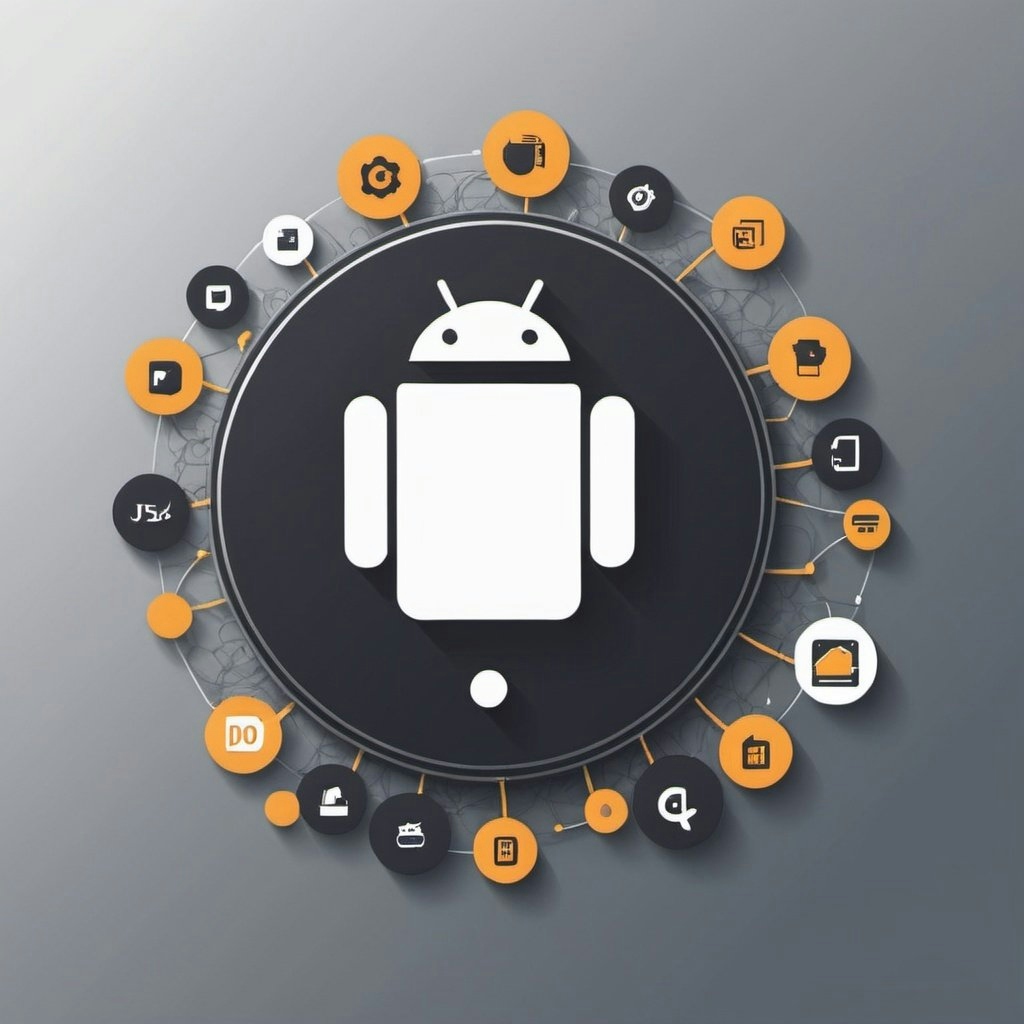
Mobile App Development
- iOS Development (Swift, Objective-C): Development of mobile applications for Apple's iOS operating system using Swift or Objective-C programming languages.
- Android Development (Java, Kotlin): Development of mobile applications for the Android platform using Java or Kotlin programming languages.
- Cross-platform Development (React Native, Flutter): Development of mobile applications that can run on multiple platforms using frameworks like React Native or Flutter.

Database Management
- SQL (MySQL, PostgreSQL, SQLite, Microsoft SQL Server): Structured Query Language used for managing and manipulating relational databases.
- NoSQL (MongoDB, CouchDB, Cassandra): Database systems that provide a mechanism for storage and retrieval of data which is modeled in means other than the tabular relations used in relational databases.
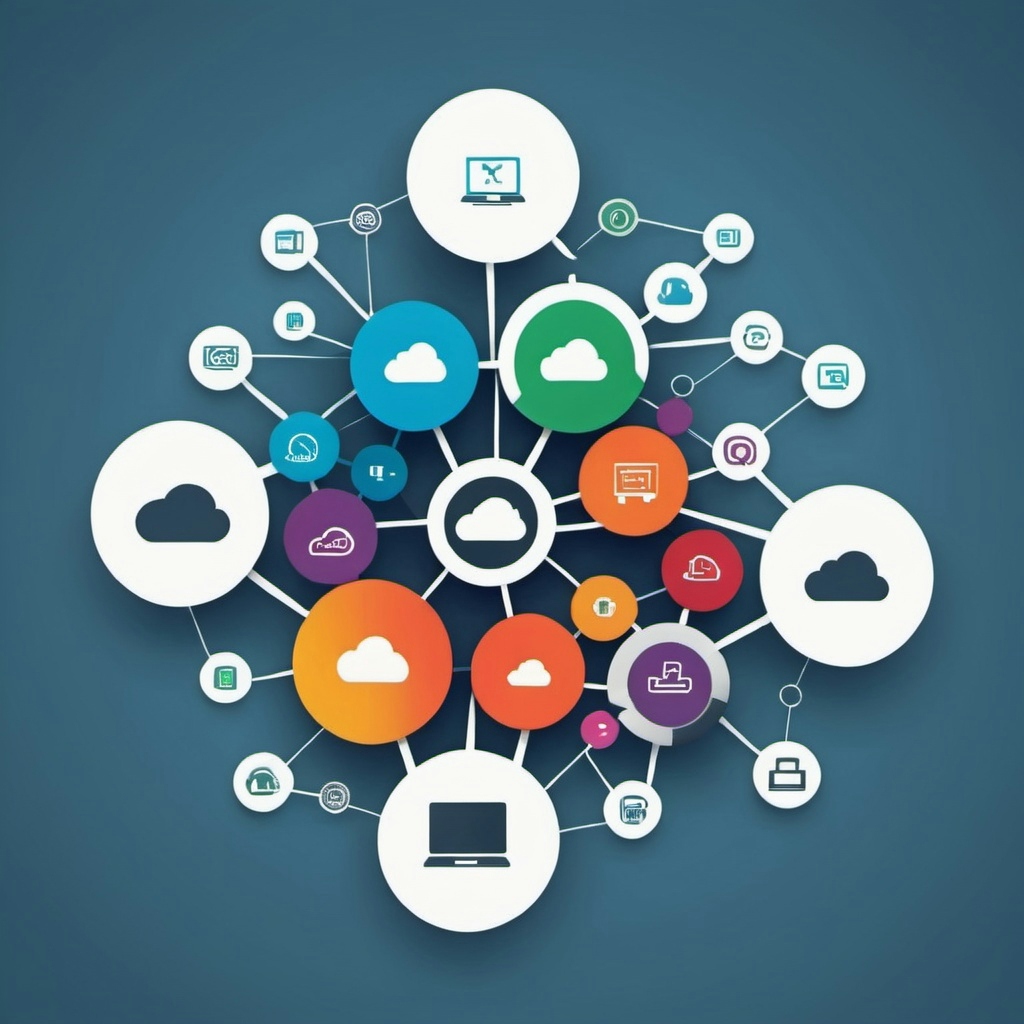
Cloud Computing
- Amazon Web Services (AWS): Cloud computing platform offering a wide range of services including computing power, storage, and databases, delivered as on-demand services.
- Microsoft Azure: Cloud computing service created by Microsoft for building, testing, deploying, and managing applications and services through Microsoft-managed data centers.
- Google Cloud Platform (GCP): Suite of cloud computing services offered by Google, including computing, storage, and application development.
- IBM Cloud: Cloud computing platform and cognitive services provided by IBM.
- Oracle Cloud: Cloud computing service offered by Oracle Corporation providing computing power, storage, and other services necessary to run applications and data.
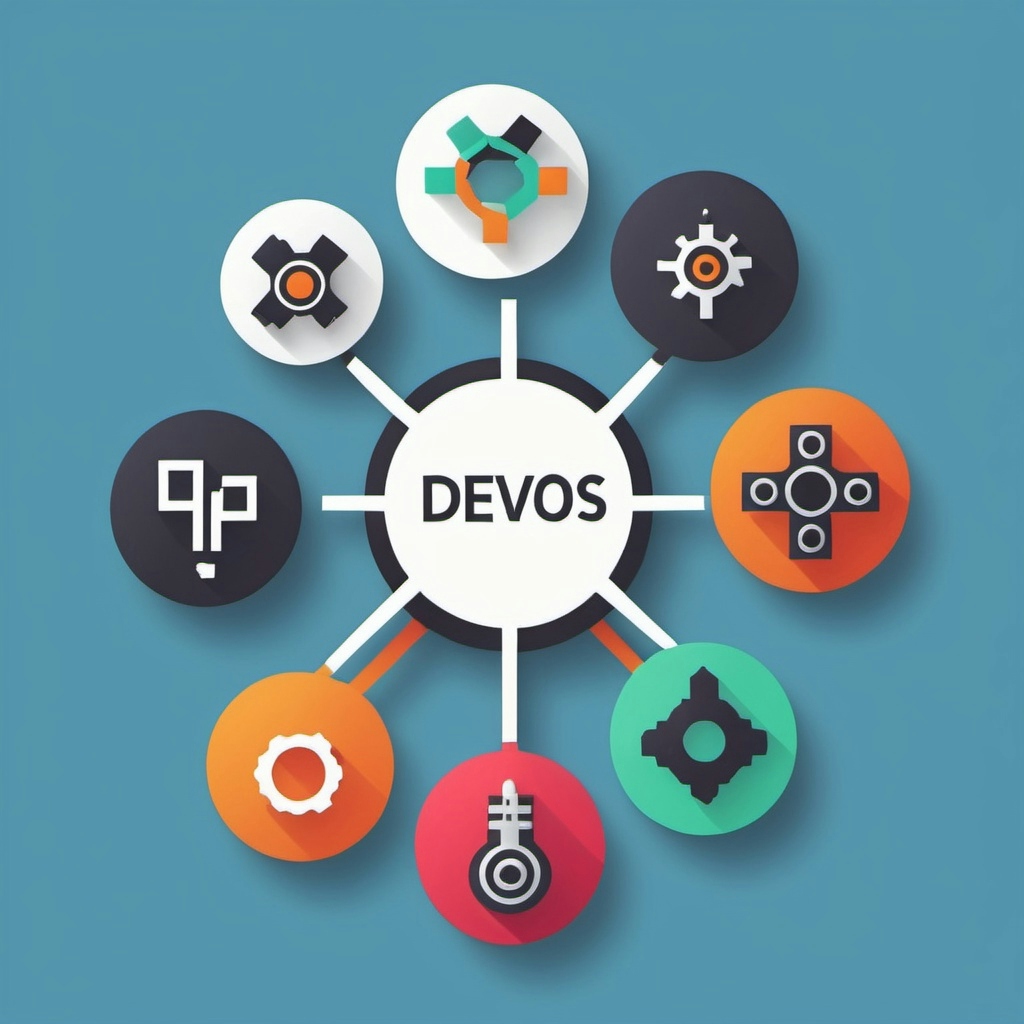
DevOps
- Continuous Integration/Continuous Deployment (CI/CD): Practices and tools that enable automation of the software release process, allowing teams to deliver code changes more frequently and reliably.
- Configuration Management (Ansible, Puppet, Chef): Automation of the configuration and management of servers and applications to ensure consistency and reliability across environments.
- Containerization (Docker, Kubernetes): Technology used to package and deploy applications and their dependencies in isolated containers, enabling scalability and portability across different computing environments.
- Monitoring and Logging (Prometheus, ELK Stack): Tools and techniques used to monitor the performance and health of applications and infrastructure, as well as collect and analyze logs for troubleshooting and auditing.

Cybersecurity
- Network Security: Measures and technologies used to protect computer networks and data from unauthorized access or attacks.
- Application Security: Security measures implemented within applications to protect them from various threats and vulnerabilities.
- Identity and Access Management (IAM): Security framework that enables the management of digital identities and access rights to resources.
- Security Information and Event Management (SIEM): Tools and techniques used to aggregate, correlate, and analyze security events and data from various sources to identify and respond to security threats.

Artificial Intelligence and Machine Learning
- Machine Learning Frameworks (TensorFlow, PyTorch, scikit-learn): Software libraries and tools that enable the development and deployment of machine learning models.
- Natural Language Processing (NLP): Branch of artificial intelligence that enables computers to understand, interpret, and generate human language.
- Computer Vision: Field of artificial intelligence that enables computers to interpret and analyze visual information from the real world.
- Recommender Systems: Techniques and algorithms used to recommend items or content to users based on their preferences and behavior.
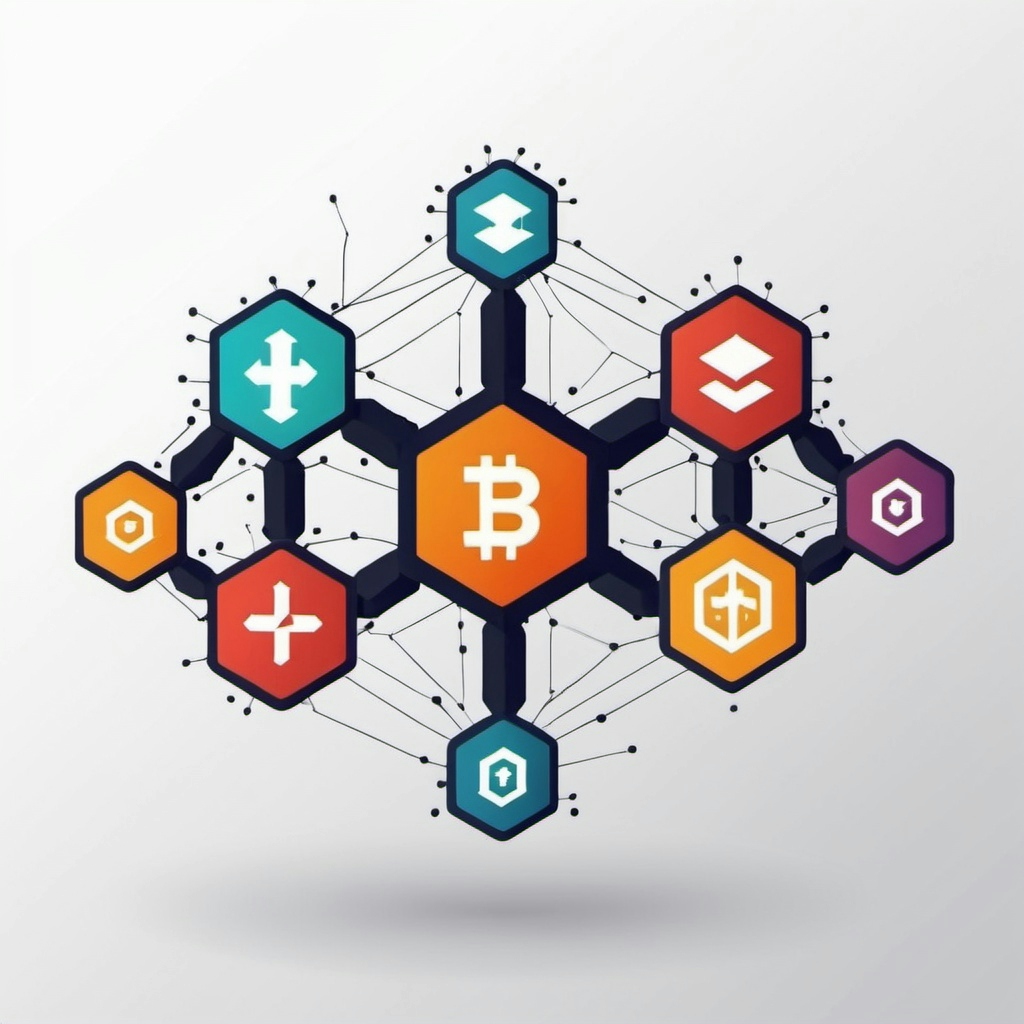
Blockchain
- Smart Contract Development: Self-executing contracts with the terms of the agreement directly written into code.
- Decentralized Application (dApp) Development: Development of applications that run on a decentralized network and are not controlled by a single entity.
- Blockchain Platforms (Ethereum, Hyperledger Fabric, Corda): Platforms and frameworks used for building and deploying blockchain-based applications and solutions.
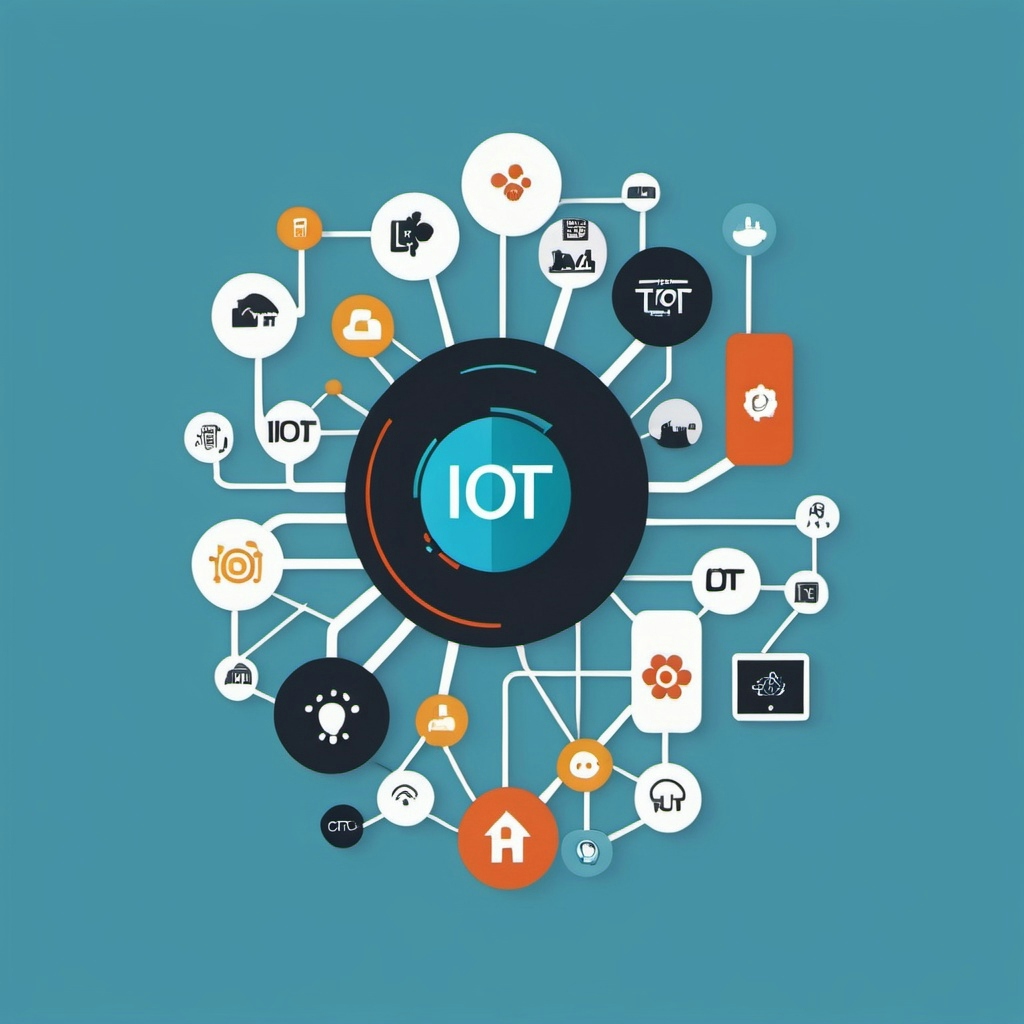
Internet of Things (IoT)
- Embedded Systems Programming: Programming of embedded systems, which are specialized computing systems designed to perform dedicated functions within larger systems or devices.
- IoT Platforms (AWS IoT, Azure IoT Hub): Cloud-based platforms that provide services and infrastructure for building, deploying, and managing IoT applications and devices.
- Sensor Integration and Data Processing: Integration of sensors with IoT devices and systems, and processing of sensor data for monitoring, control, and analysis.

Big Data
- Distributed Computing Frameworks (Hadoop, Spark): Frameworks and tools for processing and analyzing large datasets across distributed computing clusters.
- Data Warehousing (Amazon Redshift, Google BigQuery): Technologies and services for storing and analyzing large volumes of structured data for business intelligence and analytics.
- Data Streaming (Apache Kafka): Platform for building real-time data pipelines and streaming applications.

UI/UX Design
- Wireframing and Prototyping Tools (Sketch, Adobe XD, Figma): Software tools used to create wireframes and prototypes of user interfaces.
- User Research and Testing: Methods and techniques for understanding user needs and preferences, and testing user interfaces for usability and effectiveness.
- Responsive Design Principles: Approach to web design aimed at creating sites that provide an optimal viewing and interaction experience across a wide range of devices and screen sizes.

Quality Assurance and Testing
- Automated Testing (Selenium, Appium): Techniques and tools for automating the testing of software applications.
- Performance Testing: Testing methodology used to determine how a system performs in terms of responsiveness and stability under a particular workload.
- Security Testing: Testing methodology used to identify vulnerabilities and security weaknesses in software applications.

Enterprise Resource Planning (ERP)
- ERP Systems (SAP, Oracle ERP Cloud): Integrated software solutions used by organizations to manage and automate business processes across departments and functions.
- Business Process Management: Approach to improving organizational performance by optimizing and managing business processes.

Customer Relationship Management (CRM)
- CRM Systems (Salesforce, Microsoft Dynamics 365): Software applications used by organizations to manage interactions with current and potential customers.
- Marketing Automation: Use of technology and software platforms to automate marketing tasks and processes, such as email campaigns and social media management.

Project Management
- Agile Methodologies (Scrum, Kanban): Approaches to software development that emphasize flexibility, collaboration, and iterative delivery.
- Project Management Tools (Jira, Trello, Asana): Software tools used to plan, track, and manage projects and tasks.
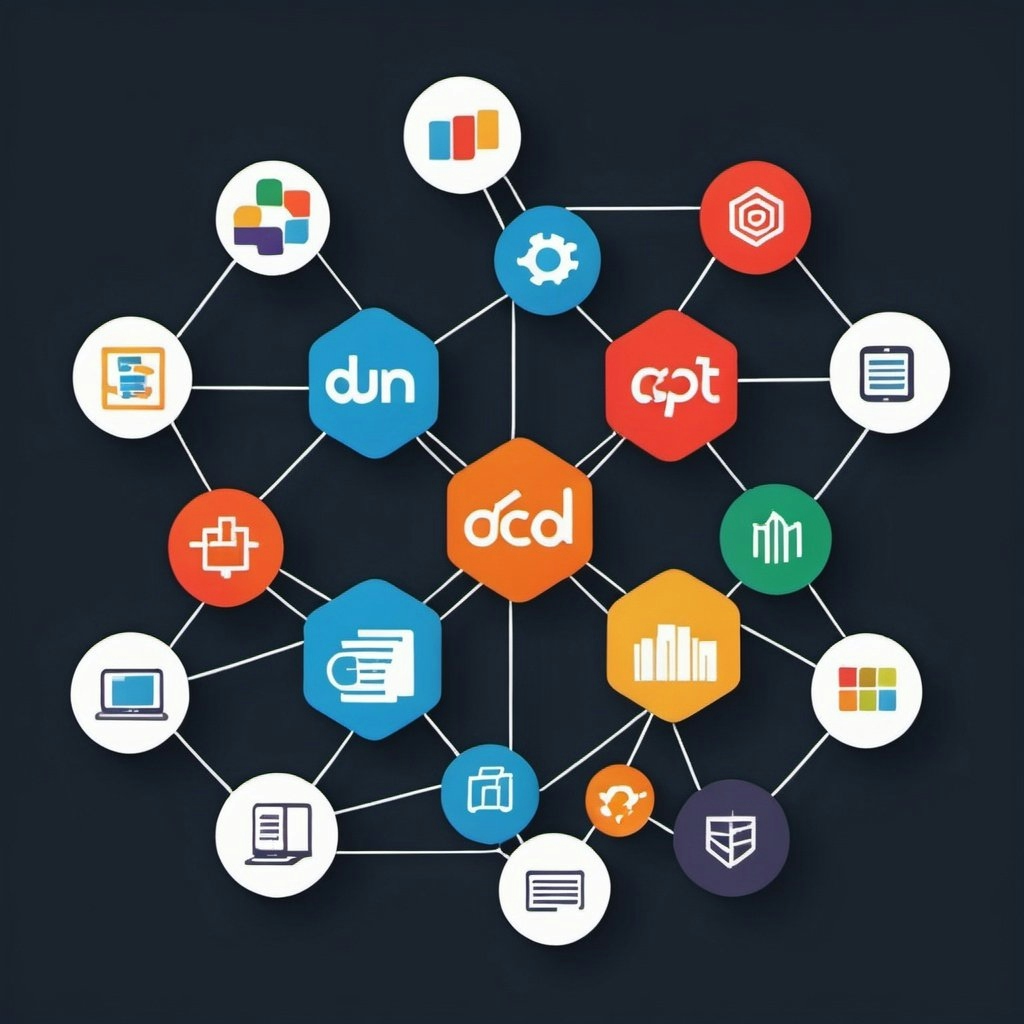
Collaboration Tools
- Communication (Slack, Microsoft Teams): Tools and platforms used for real-time communication and collaboration among team members.
- Document Collaboration (Google Workspace, Microsoft Office 365): Software suites that enable multiple users to work together on documents, spreadsheets, and presentations in real time.
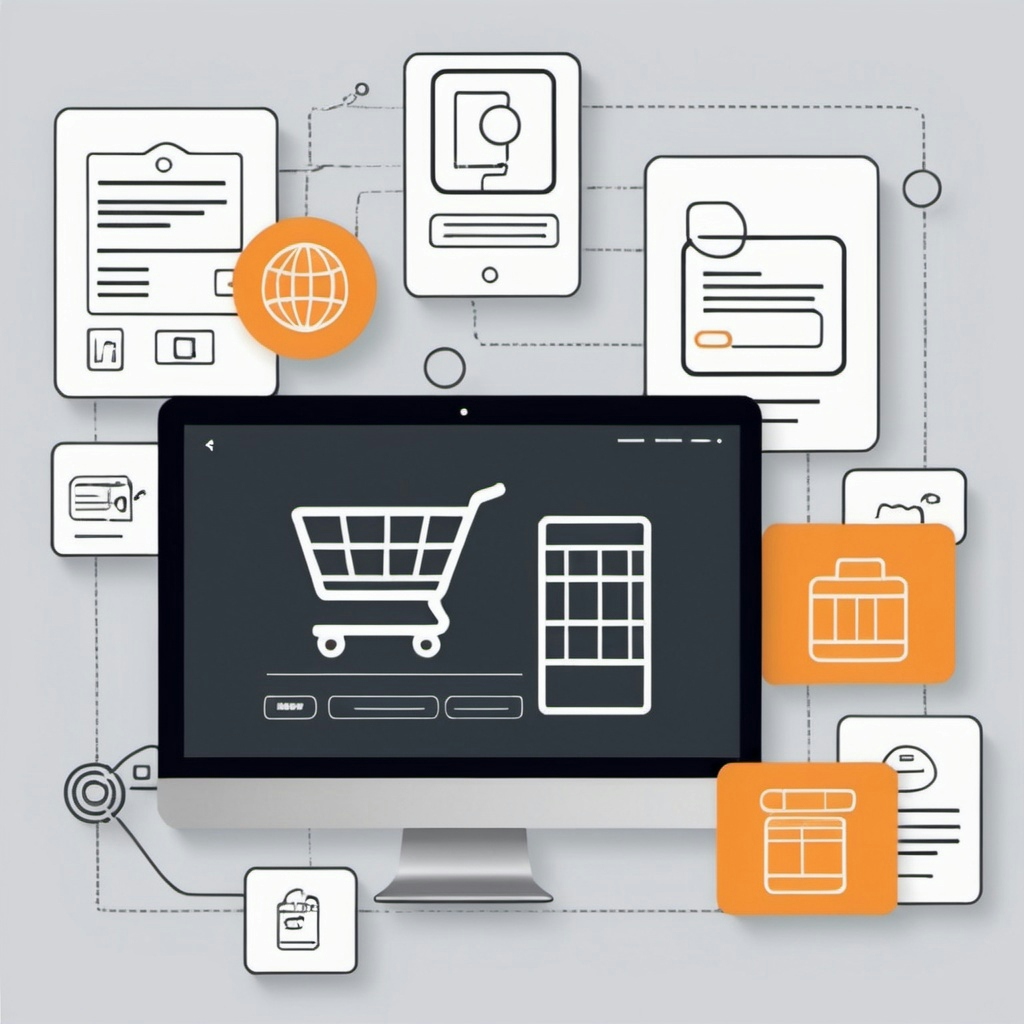
E-commerce Solutions
- E-commerce Platforms (Shopify, WooCommerce, Magento): Software platforms used to build and manage online stores and e-commerce websites.
- Payment Gateways Integration: Integration of payment processing services into e-commerce websites to enable online transactions.